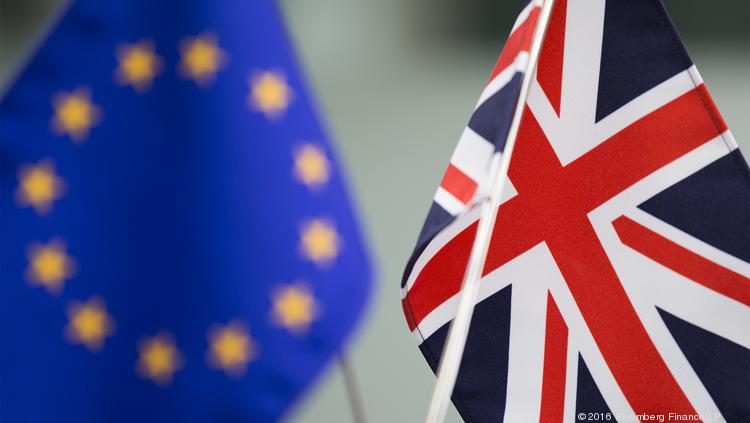Article originally published in the Philadelphia Business Journal on June 27, 2016
The response of the leaders of the European Union to the Brexit vote in the U.K. on June 23 indicates that they are not facing the brutal facts of their reality – if changes to EU regulations are not made, the organization faces possible defections and economic chaos. This is in everyone’s worst interest.
The headline of the June 29 Financial Times states that “[U.K. prime minister] Cameron blames Brexit defeat on EU failure to tackle immigration.” Cameron is quoted as stating, “The U.K. could not continue to accept large numbers of EU migrants, even if that meant losing access to the [EU] single market.”
German Chancellor Angela Merkel told the German parliament, “If you wish to have free access to the single market then you have to accept the fundamental rights as well as … [obligations] that come from it. … This is as true for Great Britain as for anybody else. Free access to the single market will be granted to a country which accepts the four fundamental freedoms of movement of people, goods, services and capital.” Merkel stated there would be no negotiation “based on the principle of cherry-picking.”
With all due respect to Chancellor Merkel, rules that cause harm to an organization should be changed, especially rules that could sink that organization. This is the case with the major issue that resulted in the Brexit vote to leave the EU and the talk of other countries to do the same – the lack of control over borders, immigration by those who do not assimilate, and the fear that over time their country will lose its historical cultural norms and traditions.
The issue of some immigrants not assimilating into European society is a real concern for Europeans since history has demonstrated that “demographics is destiny.” In some cases, immigrants may choose not to assimilate into European society. In other cases, European society makes it very difficult for immigrants to do so. In the U.S., immigrants assimilate much more successfully while remaining true to their heritage.
The EU refuses to acknowledge the growing movements in many European countries to leave the 28-member EU, as well as the possibility of Scotland and Northern Ireland leaving the U.K. so they can remain members of the European Union.
The leaders of the 28-member EU need to meet and decide whether “the fundamental freedom of movement of people” with respect to immigrants should be modified in an appropriate way to prevent the possible collapse of the EU. The EU must maintain the ability to negotiate trade agreements as a single EU entity with countries outside the EU, and for EU member countries to be able to trade among themselves.
The member countries of the EU want the U.K. to negotiate its exit as quickly as possible. Nothing will happen until a successor to Cameron is selected, possibly as late as September by the U.K.’s conservative party. Article 50 of the EU Treaty, which details the withdrawal procedure of a member country from the EU, would then need to be invoked. The withdrawal may take up to two years to complete. The U.K. is in the driver’s seat with respect to timing. The longer the U.K. takes to invoke Article 50, the higher the chance that the leadership of EU member countries will become less doctrinaire in their views and negotiate a way to keep the U.K. within the EU.
A U.K. Brexit re-vote is politically difficult. Cameron has stated that there will be no re-vote. However, it is possible under the right circumstances. During a Morgan Stanley investor conference call on June 27, Lord Alistair Darling, the former Chancellor of the Exchequer stated, “In the light of new information and developments, you might be able to go back and say here is a different way of looking at it.” Making the right changes to EU regulations can justify that re-vote. It may quell the movement to exit the EU within other EU member countries, an exit that would have disastrous economic consequences.
The EU needs to recognize these brutal facts of its reality and make the necessary changes to its regulations as quickly as possible to avoid the unraveling of trade arrangements that have taken many years to develop, and avoid the resulting economic hardship.
Stan Silverman is the founder and CEO of Silverman Leadership. He is a writer, speaker and advisor to C-suite executives on business issues and on cultivating a leadership culture within their organizations. Stan is Vice Chairman of the Board of Drexel University and a director of Friends Select School and Faith in the Future. He is the former President and CEO of PQ Corporation. Follow: @StanSilverman. Connect: Stan@SilvermanLeadership.com. Website: www.SilvermanLeadership.com

